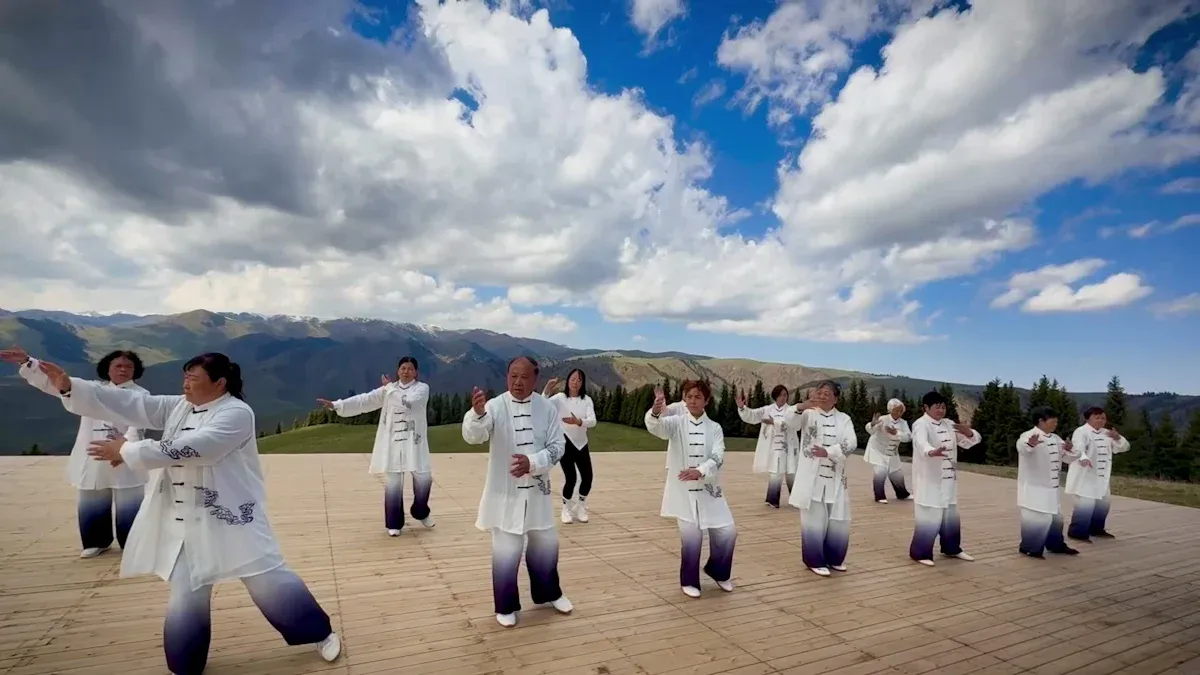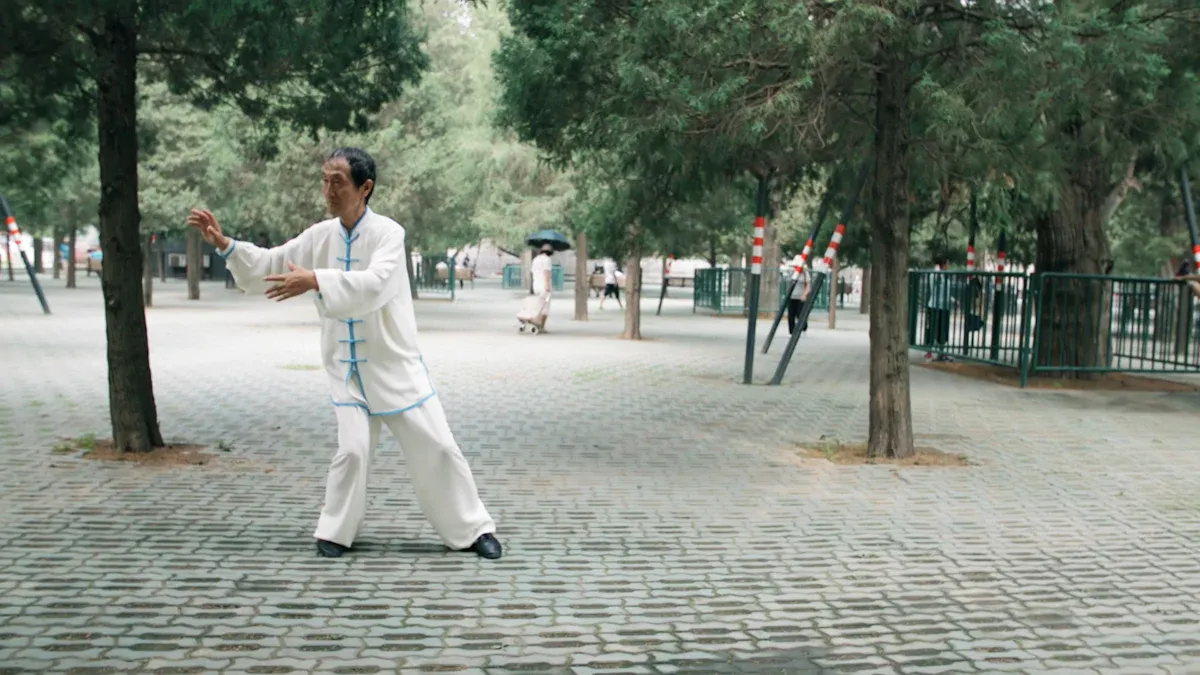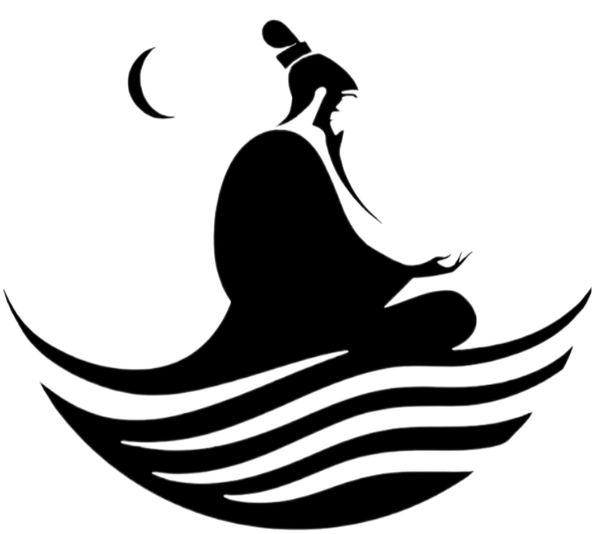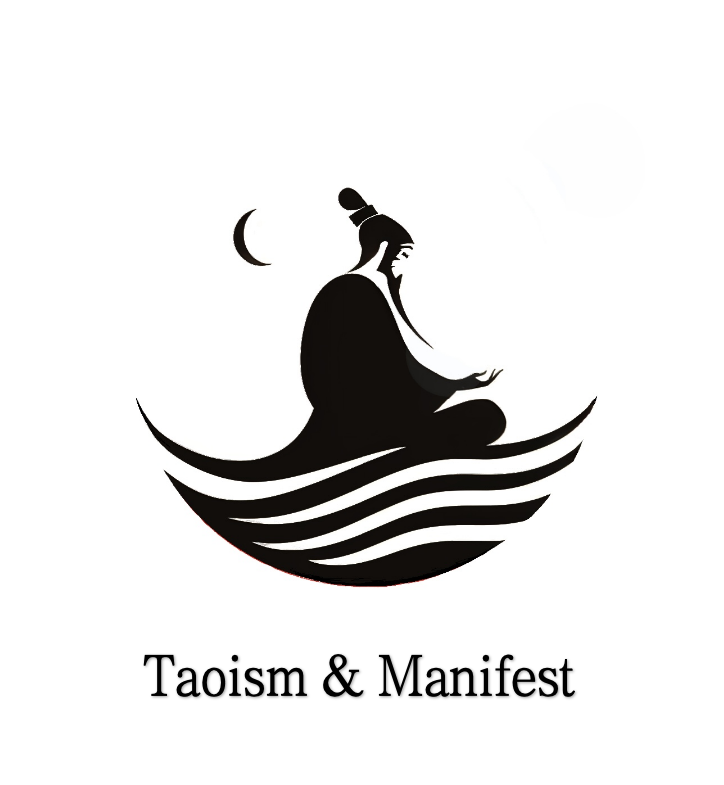
You walk into a meeting, and everyone feels tense. People do not understand each other, and it is hard to talk clearly. Many people deal with this every day. Taoism gives a new way to look at things. If you use Wu Wei, you can handle problems calmly and with a goal. Tai Chi shows you how to act with balance and care. These old ways help you make peace, even when work gets really hard.
Key Takeaways
Use Tai Chi’s yin-yang idea to face problems calmly and with balance. Do not use force. This helps stop fights and helps you find new answers.
Practice Wu Wei by working with patience and ease. Stop and think before you act. This helps you make better choices and feel less stress.
Try a simple three-step routine. First, say the problem clearly. Next, pause to listen to others. Then, share your ideas for solutions with care.
Stay calm by taking deep breaths and controlling your feelings. This helps you think better and talk nicely during problems.
Build a respectful team by listening well and speaking kindly. Use Taoist habits like mindful talking and daily calm time.
Tai Chi Chuan Principles

Yin-Yang Model
When you practice tai chi chuan, you learn about the yin and yang model. This idea shows that opposites like soft and hard, or fast and slow, depend on each other. In tai chi chuan, you do not fight force with more force. Instead, you use softness to meet strength. If someone pushes, you yield and redirect their energy. This helps you avoid direct clashes and find creative solutions. At work, you can use this by listening when someone is upset and responding calmly. You do not need to argue or push back. You can look for ways to work together. Tai chi chuan teaches you to blend with challenges, not fight them. This makes conflict less stressful and helps you keep your cool.
Wu Wei in Work
Wu Wei means "effortless action." In tai chi chuan, you move with the flow, not against it. You can use this at work by noticing when you feel stuck or tired. Instead of forcing yourself, you can take a break or switch tasks. This helps you work better and feel less stressed. Wu Wei also means you pause before reacting. If a problem comes up, you stop and think. You do not rush. This leads to smarter choices. Tai chi chuan shows you that sometimes the best way to act is to wait and watch. You trust your instincts and let things unfold naturally.
Harmony and Balance
Tai chi chuan is all about harmony and balance. You practice slow, gentle movements that help your mind and body feel calm. At work, you can use these ideas to stay relaxed, even when things get busy. When you feel balanced, you can handle stress and solve problems more easily. Tai chi chuan helps you listen deeply, breathe slowly, and stay kind to others. These habits make your team stronger and your workplace happier. By following tai chi principles, you create a space where everyone feels safe and respected.
Workplace Conflict Challenges
Common Conflict Sources
Conflict at work can show up in many ways. Some main reasons are miscommunication, unclear job roles, and too much work. People might feel left out or embarrassed by others. Arguments or mean words can happen when stress gets high. Disagreements often start because people work differently or want different things. Sharing resources can also cause problems. Bad management can make conflict worse. If you know what causes conflict, you can stop bigger issues.
Disputes between coworkers or managers
Arguments about project costs or methods
Competition between teams for resources
Unclear expectations from leadership
Sometimes, conflict comes from personal differences or fairness issues. When you know why conflict happens, you can help your team stay calm.
Early Warning Signs
Finding conflict early keeps your workplace healthy. You might see people act differently in meetings. Some team members may get upset or stop talking. Work may slow down, and people might avoid each other. Watch for changes in how people talk or who they spend time with. Trust can go away fast if you miss these signs. Conflict often starts small, so notice the mood in the room.
Sudden silence or tension during discussions
Emotional outbursts that seem too strong
Less teamwork or sharing of ideas
People withdrawing from group activities
Impact on Teams
If you do not fix conflict, it can hurt your team. People may get less work done because they worry about problems. Team spirit drops, and workers may not like their jobs as much. Lots of conflict can make people quit. If you ignore conflict, trust and teamwork can disappear. Conflict can slow projects and make everyone stressed. Handling conflict well keeps your team happy and strong.
Tip: Talking openly and acting early can stop conflict from getting worse and help your team do well.
Tai Chi Conflict Resolution Steps
Yield and Redirect
You can use the yin and yang interaction model from tai chi chuan to handle workplace conflict. Yin and yang are two forces that seem opposite but actually work together. In tai chi chuan, you learn that softness and strength both have value. When you face conflict at work, you do not need to push back with force. Instead, you can yield, listen, and redirect the energy of the situation. This approach helps you stay calm and open. You do not let anger or frustration control you. You use balance to guide the conversation toward an amicable resolution.
When you yield, you show respect for the other person's view. You do not give up your own stance. You simply create space for negotiation and understanding. Redirecting means you take the energy of the conflict and move it toward a shared goal. This method helps reduce conflict and keeps the team focused on solutions.
Three-Step Routine
Tai chi chuan inspires a simple three-step routine for conflict resolution. You can use this routine in any workplace situation:
Raise the Issue: Start by naming the problem clearly. Stay centered and grounded. Listen to the other person without judging.
Take a Step Back: Pause and reflect. Try to see the situation from the other person's point of view. This step helps you avoid reacting with anger or blame.
Advance with Care: Move forward by suggesting a solution or compromise. Stay flexible and open to negotiation. Focus on what you both want to achieve.
This routine helps you manage conflict without letting emotions take over. You keep the conversation balanced and respectful. Many teams find that using this method leads to faster, more peaceful outcomes.
Tip: Practicing this routine regularly makes it easier to handle tough conversations. You build trust and show your team that you value their input.
Emotional Regulation
Tai chi chuan teaches you to stay calm under pressure. When conflict arises, your first reaction might be to defend yourself or get upset. Tai chi practice helps you notice these feelings and choose a better response. You learn to breathe deeply and relax your body. This makes it easier to think clearly and act with kindness.
You can use simple tai chi breathing techniques at your desk. Take a slow breath in, hold it for a moment, then let it out. This small act can change the mood of a meeting or a difficult negotiation. When you stay balanced, others will follow your lead. Emotional regulation is key to turning conflict into a chance for growth.
Many companies now offer tai chi and mindfulness training for employees. These programs teach easy exercises and stress management skills. Staff often say they feel more relaxed and better able to handle workplace challenges. You can use these tools to improve your own conflict resolution skills and help your team work together.
Remember: Staying calm and balanced does not mean ignoring problems. It means you face them with a clear mind and a steady heart.
Communication Art with Taoism
Mindful Communication
Taoism can help you talk better at work. Mindful communication means you think about what you say and do. You listen carefully and do not answer too fast. Taoism teaches you to use Wu Wei in talks. This means you let the talk move on its own. You do not push your ideas or try to win. When you do not resist, others can share their thoughts. This helps everyone feel respected and understood.
Here are some easy tips from Taoism:
Wait before you talk. This helps you think and stops confusion.
Use quiet time. Sometimes, silence helps people think more.
Be open to change. If the talk goes a new way, go with it.
Treat everyone the same. See all people as equals at work.
Teams that use these Taoist ways often get along better. You may see that working out problems gets easier and smoother.
Clarity and Compassion
Being clear is important when you talk at work. When you speak simply, others know what you mean. You can split big jobs into small steps. This makes it simple for everyone to keep up. Compassion means you listen and care about others. You notice how people feel and act kindly. Studies show that being clear and kind helps people trust each other.
Try these steps for better talks:
Give simple directions and make sure people understand.
Listen well and show you care about feelings.
Use easy words and examples to explain things.
Let everyone talk so all feel safe to share.
When you use both clarity and compassion, you make talks safe. This helps your team fix problems and agree faster.
Feedback and Taoism
Taoism gives a special way to give and get feedback. You do not use feedback to control or judge others. You use it to help everyone grow. You take feedback with a humble mind and want to learn. In Taoism, leaders help others and work on themselves. You do not let pride stop honest talks.
When you use Taoist feedback, you:
Take advice with an open mind.
Say when you are wrong and learn from it.
Help others without trying to be the boss.
Think about growing over time, not just quick wins.
This way makes talks better and builds strong teams. Your team will feel important and respected, which helps everyone work together.
Building Workplace Harmony

Daily Integration
You can make your workday peaceful by using simple Tai Chi and Taoist habits. Try deep breathing for a few minutes each morning. This helps you feel calm and ready for work. Take short breaks to stretch or walk slowly. These breaks help you feel peaceful and keep your energy steady. If you feel stress, stop and pay attention to your breath. This small step can help your mind and body relax. You can also clean your desk to feel more focused. These habits help you feel good and get along with your team.
Team Culture
A strong team culture starts with respect and talking openly. You show respect by listening and caring about others’ ideas. When you are patient and kind, you help your team work together. Teams that use Tai Chi and Taoist ways learn to balance doing things with thinking first. You can cheer for group wins and for each person’s skills. This helps build trust and peace at work. When people feel respected, it is easier to work together and make friends.
Tip: Begin meetings with a quiet moment or a simple breathing exercise. This helps everyone feel calm and ready to listen.
Ongoing Growth
Getting better all the time helps your team do well. You can think about your day and notice what went right. Ask your team to share ideas to make work better. Be open to new ways and changes. When you help each other, you make a place where everyone can grow. These habits help your team get along and feel peaceful at work. You will see more teamwork and better friendships as your team learns together.
You can bring more peace to your work life by using Taoism and Tai Chi. These methods help you solve problems, talk better, and create a calm team. Many people find Tai Chi easy to start because it needs no special gear and fits all skill levels.
You can join low-cost classes or learn simple moves at your own pace.
Tai Chi helps many people feel stronger, healthier, and more at peace at work.
Try one small step today. Share your story or invite a friend to join you. These habits can help everyone enjoy work more.
FAQ
What is the best way to start using tai chi principles at work?
Start with easy breathing exercises and slow movements. These tai chi principles help you feel calm and balanced. You will feel less stress at work. This helps your team work together and get along better.
How does Taoism help with workplace conflict resolution?
Taoism teaches you to look for peace and real respect. You learn to listen well and answer clearly. This makes conflict smaller and helps people get along. You can use these ideas to solve problems and help your team feel peaceful.
Can tai chi chuan improve communication and cooperation?
Yes! Tai chi chuan helps you talk and listen with care. You learn to stop and pay attention. This builds trust and respect in your team. You will see people work together better. Teams that use these skills have fewer fights and solve problems faster.
What should I do when I notice miscommunication or conflict in my team?
First, stay calm and use good talking skills. Say what the problem is in a clear way. Take a moment to listen to others. This helps you fix problems and keep peace in your team. You will help everyone feel balanced and happy again.






